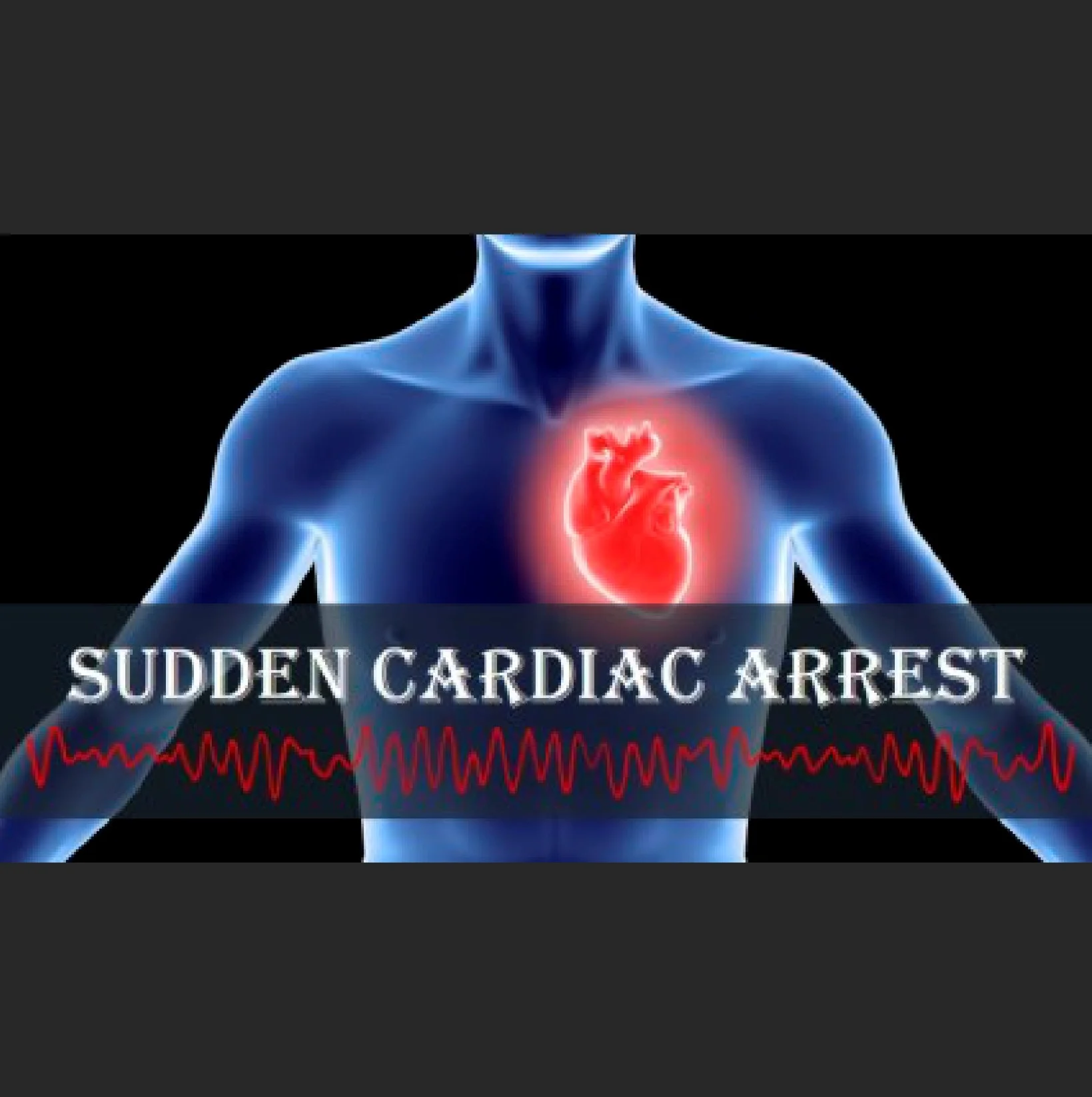
Department of Critical Care
Welcome To Gangasheel Hospital
What is Sudden Cardiac Arrest?
Sudden cardiac arrest is the sudden loss of heart function, breathing, or consciousness. This condition is usually caused by a problem with the heart's electrical system, which interferes with the heart's pumping action and stops blood flow to the body.
Sudden cardiac arrest is different from a heart attack when blood flow to part of the heart is cut off. However, heart attacks can cause electrical disturbances that lead to sudden cardiac arrest.
Sudden cardiac arrest can be fatal if not treated promptly. Survival is possible with prompt and appropriate medical care. Cardiopulmonary resuscitation (CPR), the use of a defibrillator, or even chest compressions alone can increase your chances of survival until emergency services arrive.
- Sudden collapse
- No pulse
- No breathing
- Loss of consciousness
- Other signs and symptoms may precede sudden cardiac arrest
- Chest discomfort
- Shortness of breath
- Weakness
- Fast, fluttering or pounding heart (palpitations)
- The most common cause of sudden cardiac arrest is an arrhythmia (arrhythmia) that occurs when the heart's electrical system malfunctions.
- The heart's electrical system controls the heart rate and rhythm. Anything wrong can cause your heart to beat too fast, too slow, or irregularly (arrhythmia). These arrhythmias are often brief and harmless, but some types can lead to sudden cardiac arrest.
- The most common heart rhythm during cardiac arrest is the lower ventricular (ventricular) arrhythmia of the heart. Fast, irregular electrical impulses cause the heart chambers to vibrate unnecessarily instead of pumping blood (ventricular fibrillation).
How can I mitigate risk?
You can mitigate risk in a number of ways, including: Example:
- Keep your appointments with your doctor for regular follow-ups.
- Healthy lifestyle changes such as weight loss and a low-fat diet.
- Avoid smoking and other tobacco products.
- Are taking medication prescribed by a healthcare provider for high cholesterol or heart rhythm problems.
- Obtain an implantable cardioverter-defibrillator (ICD) if recommended by your healthcare provider.
- Provider-recommended procedure or surgery. B. Angioplasty or catheter ablation.
- Genetic testing, if recommended by a physician, to look for possible causes of sudden cardiac death.
- Educate families on the importance of prompt care and learning CPR.
Sudden cardiac arrest can be treated and recovered. However, emergency measures should be started immediately. Survival rates can reach 90% if treatment is initiated within minutes of sudden cardiac arrest. The speed he decreases by about 10% every minute.
If you see someone in sudden cardiac arrest:
- Call 911 immediately.
- Start CPR, even if it's just the hands-only version. CPR can save a life. It keeps blood and oxygen circulating until help arrives.
- Use an AED (Automated External Defibrillator) if there's one available. CPR plus defibrillation rescues a person from sudden cardiac arrest. Using an AED is the best chance of helping the person survive. The shorter the time until defibrillation, the greater the chance of survival.
Yes, Sudden Cardiac Arrest treatment is available in Bareilly at Gangasheel Hospital by the team of expert Critical Care doctor's in the city.
